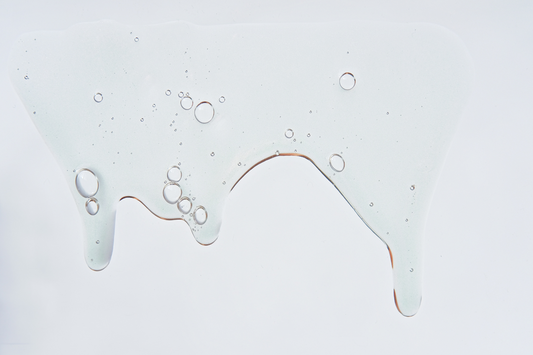If you’ve shopped for beauty or wellness supplements, you’ve probably seen both “collagen” and “collagen peptides” on labels. They sound similar, but are they the same thing? Let’s break down the difference between collagen and collagen peptides so you know what you’re really getting.
What is Collagen?
Collagen is the most abundant protein in your body. It acts like scaffolding for your skin, hair, nails, joints, and even your gut lining. Naturally produced in youth, collagen gives skin its firmness and elasticity.
But as we age, collagen production slows, leading to wrinkles, sagging, joint stiffness, and weaker hair and nails. That’s why supplementation has become so popular.
What Are Collagen Peptides?
Collagen peptides (also called hydrolyzed collagen) are simply collagen that’s been broken down into smaller pieces.
- This process makes it easier to digest and absorb.
- Once in the body, collagen peptides provide amino acids (glycine, proline, hydroxyproline) that your body uses to build new collagen.
Think of collagen as the raw material, and collagen peptides as the ready-to-use form your body can absorb quickly.
Key Differences at a Glance
| Collagen | Collagen Peptides |
|---|---|
| Large, intact protein | Broken down (hydrolyzed) protein |
| Harder to digest | Easily absorbed by the body |
| Found in foods like bone broth | Found in supplements (powder, capsules) |
| Supports structure | Provides building blocks for new collagen |
Which One Should You Take?
- If you want targeted skin, hair, nail, and joint benefits, go for collagen peptides. They’re the most bioavailable and supported by research.
- Traditional collagen (like in bone broth) still offers benefits, but absorption isn’t as efficient as peptides.
So, what’s the difference between collagen and collagen peptides?
👉 Collagen is the natural, whole protein.
👉 Collagen peptides are the broken-down, easily absorbed version used in most supplements.
✨ Bottom line: If you’re looking for visible benefits—like smoother skin, stronger hair and nails, and healthier joints—collagen peptides are the most effective option.



